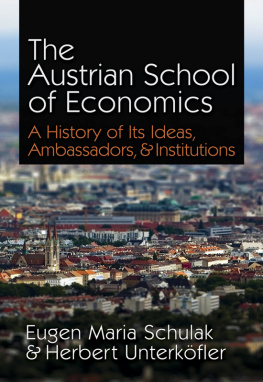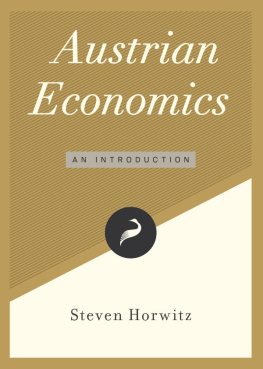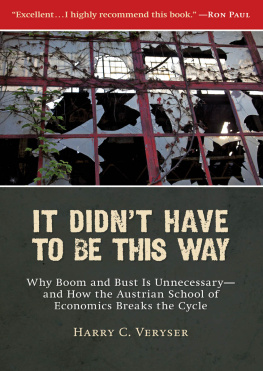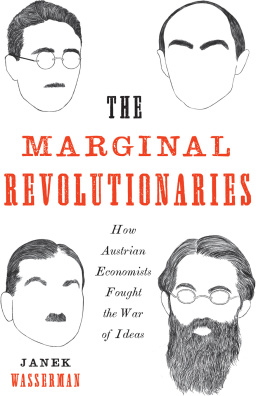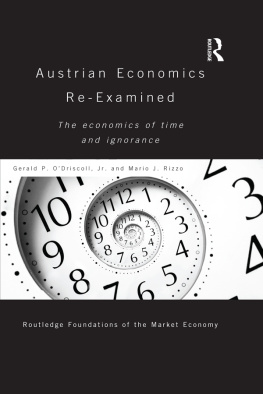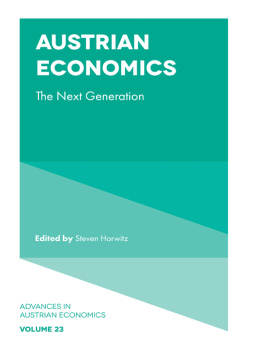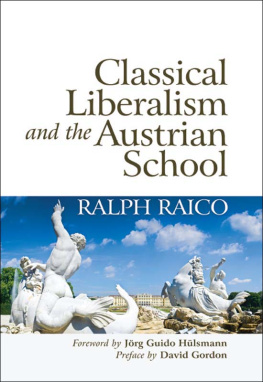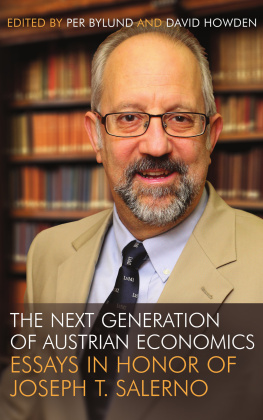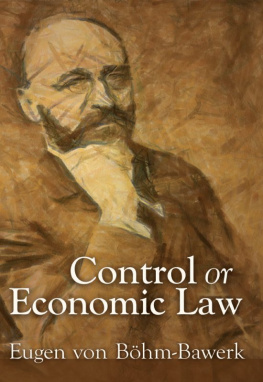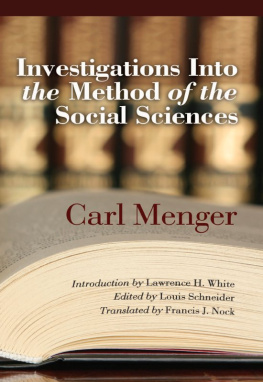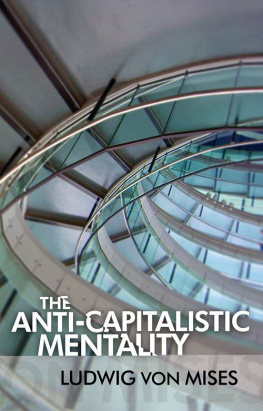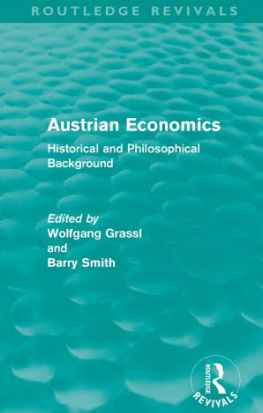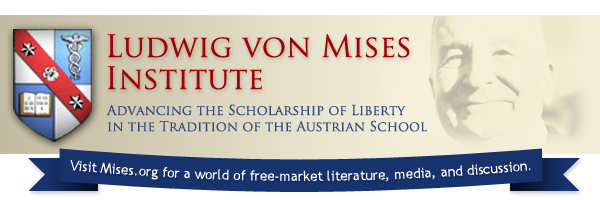Eugen-Maria Schulak - Austrian School of Economics: A history of its ideas, ambassadors, and institutions
Here you can read online Eugen-Maria Schulak - Austrian School of Economics: A history of its ideas, ambassadors, and institutions full text of the book (entire story) in english for free. Download pdf and epub, get meaning, cover and reviews about this ebook. year: 2011, publisher: Ludwig von Mises Institute, genre: Romance novel. Description of the work, (preface) as well as reviews are available. Best literature library LitArk.com created for fans of good reading and offers a wide selection of genres:
Romance novel
Science fiction
Adventure
Detective
Science
History
Home and family
Prose
Art
Politics
Computer
Non-fiction
Religion
Business
Children
Humor
Choose a favorite category and find really read worthwhile books. Enjoy immersion in the world of imagination, feel the emotions of the characters or learn something new for yourself, make an fascinating discovery.
- Book:Austrian School of Economics: A history of its ideas, ambassadors, and institutions
- Author:
- Publisher:Ludwig von Mises Institute
- Genre:
- Year:2011
- Rating:3 / 5
- Favourites:Add to favourites
- Your mark:
Austrian School of Economics: A history of its ideas, ambassadors, and institutions: summary, description and annotation
We offer to read an annotation, description, summary or preface (depends on what the author of the book "Austrian School of Economics: A history of its ideas, ambassadors, and institutions" wrote himself). If you haven't found the necessary information about the book — write in the comments, we will try to find it.
The Austrian School is in the news as never before. It is discussed on business pages, academic journals, and speeches by public figures. At long last, there is a brilliant and engaging guide to the history, ideas, and institutions of the Austrian School of economics. It is written by two Austrian intellectuals who have gone to the sources themselves to provide a completely new look at the tradition and what it means for the future. This is the first such authoritative book that has appeared on this topic.
The Austrian School of Economics: A History of Its Ideas, Ambassadors, and Institutions, by Eugen Maria Schulak and Herbert Unterkfler appeared first in German. It has been a sensation: the first and most authoritative source on this hot topic. This new English translation by Arlene Oost-Zinner, complete with a vast scholarly apparatus of citations and bibliographies, is academic at its core but also easy-to-read, entertaining, and fascinating on every page.
They set the stage with a discussion of the culture of 19th century Vienna, and the striking innovation that came with Carl Mengers subjective theory of value. They discuss the titanic struggle over method that took place between the Viennese Mengerians and the German Historical School.
Next comes a thrilling account of the second generation of Austrians, their politics, their theories, their personal splits, their idiosyncrasies, their debates. The cast of characters here is far larger than most people in the English-speaking world have known. The authors operate as tour guides to this world that is mostly unknown to Americans due to the remoteness of time and the differences in language.
The stories they tell of Mises in Vienna, as well as Hayek and Schumpeter, include anecdotes never known before. It is particularly interesting for Americans to read because we have mostly had to understand the history of the Austrian School based on a far more limited set of literary resources.
What emerges from the account here is the singular contribution that Mises himself made in shaping the modern Austrian School into what it is today. Here we have the highest tribute to the power of ideas. Mises left his mark in a decisive way that is right now driving political and economic change the world over.
If you are like many people, you have been curious about the Austrian School but didnt know where to turn to discover more about it. This book is the one that makes sense of it all!
Preface to the English Edition
Preface
The Austrian School in Brief
- Vienna in the Mid-Nineteenth Century
- Economics as an Academic Discipline
- The Discovery of the Self: The Theory of Subjective Value
- The Emergence of the Austrian School in the Methodenstreit
- Carl Menger: Founder of the Austrian School
- Time is Money: The Austrian theory of Capital and Interest
- Friedrich von Wieser: From Economist to Social Scientist
- Eugen von Bhm-Bawerk: Economist, Minister, Aristocrat
- Emil Sax: The Recluse from Voloska
- Further Students of Menger and Other Supporters
- Money Makes the World Go Round: The Monetary theory of the Business Cycle
- Joseph A. Schumpeter: Maverick and Enigma
- Schumpeters theory of Economic Development
- The Austrian Schools Critique of Marxism
- The Consequences of War: The Imminent Collapse
- Between the Wars: From Re-formation to Exodus
- Ludwig von Mises: The Logician of Freedom
- Friedrich August von Hayek: Grand Seigneur on the Fence
- Other Members of the Younger Austrian School
- Praxeology: A New Start from Ludwig von Mises
- Friedrich August von Hayeks Model of Society and His Theory of Cultural Evolution
- The Entrepreneur
- The Rejected Legacy: Austria and the Austrian School After
- The Renaissance of the old Viennese School: The New Austrian School of Economics
Abbreviations
ReferencesEugen-Maria Schulak: author's other books
Who wrote Austrian School of Economics: A history of its ideas, ambassadors, and institutions? Find out the surname, the name of the author of the book and a list of all author's works by series.

